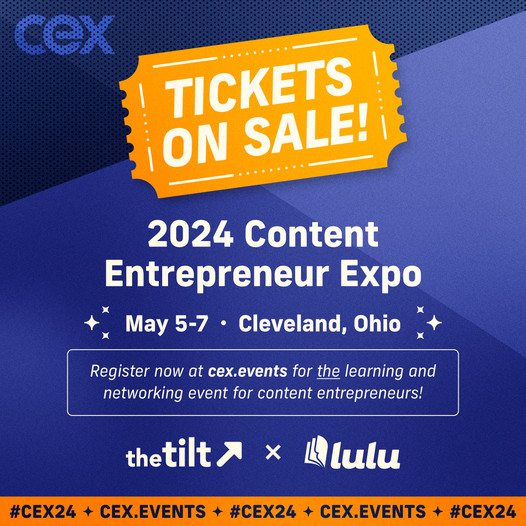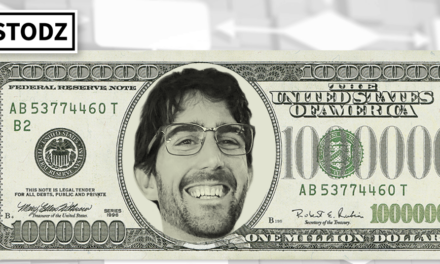In an increasingly high-tech world in which artificial intelligence (AI) and machine learning are rapidly accelerating our understanding of customers and paving innovative pathways to reaching them more intuitively, digital marketers have to ask themselves a logical question: Are the robots coming for my job too? No, not yet. Those tasked with reaching more eyeballs and raising brand awareness online can likely bolster their job security by staying ahead of important trends and carefully watching industry developments.
Carol Eversen, CMO of ALM, says that digital marketing has evolved from a separate functional role within the marketing department to a primary enabler that all marketers should be using to conduct business. “Many marketers are still coming up to speed on digital technologies and struggling to deliver explicitly on the goal of ROI optimization. Also, the pace of change is high, making it challenging for even seasoned digital marketers to stay on top of all the changes,” says Eversen. She also notes that no professional can claim to be an expert in all digital channels (SEO, paid search, social, video, account-based marketing, content marketing, etc.).
Eric Johnson, digital content creator for FeedbackWrench, agrees. “Digital marketers are always going to struggle to keep up with the changing landscape that online platforms present,” Johnson says. “The platforms that are popular now change almost daily, and it’s always possible that new platforms will come along. Marketers who are slow to adapt to these changes risk being left behind.”
Reach and scalability remain vexing too. “It becomes harder and harder to gain attention and engagement of consumers who expect less interaction, yet more personalization across an exploding number of marketing channels and technology devices,” says Chatmeter CEO Collin Holmes.
The Digital Marketing Year in Review
The past year proved to be both promising and challenging for digital marketing players. For instance, ad fraud is getting worse and is expected to cost advertisers more than $16 billion in 2017, according to a study conducted by Adloox. And digital marketers worldwide are bracing for expected headaches after the European Union adopts the General Data Protection Regulation (GDPR) in 2018, which is intended to harmonize data privacy laws throughout Europe. Once the GDPR is in place, marketers will have to follow several rules or face stiff fines. This includes making sure the data they process is collected fairly, legally, and for legitimate reasons; implementing privacy settings within their websites’ digital products;and regularly assessing privacy impact measures.
On a positive note, voice search and the Internet of Things (IoT) devices exploded in 2017, providing new ways to distribute content and reach consumers. Facebook and Google, which now account for around 70% of the total digital ad market today (per MAGNA), rolled out better technologies to enable marketers to personalize their ads. Meanwhile, small and big players alike demanded greater transparency in the media supply chain.
New standards are being promoted, such as those proposed by the Coalition for Better Ads—which suggest that publishers and marketers abandon several desktop and mobile advertising approaches that drop beneath the threshold of consumer acceptability and drive consumers to block ads. Digital ad sales are expected to total $84 billion in 2017—a 16% increase from 2016—according to MAGNA’s fall update Advertising Forecast; amazingly, the report indicates that digital will surpass offline ad sales by 2019 ($101 billion versus less than $94 billion, respectively).
John Lincoln, author of Digital Influencer: A Guide to Achieving Influencer Status Online and a digital marketing faculty member at the University of California–San Diego, believes the digital marketing landscape became more relevant and robust over the past year. “Ad dollars are shifting fast from offline to online. Facebook and Google are now offering in-store targeting and tracking. Google and Bing are now offering in-market audiences you can advertise to,” says Lincoln. “These abilities symbolize the level of innovation happening across the industry.” Consequently, digital marketing “has now become the most important component of doing business online,” he insists.
However, ask Rusty Coats, CEO of the Local Media Consortium, and he’ll tell you that there are many formidable hurdles to be cleared. “Digital marketing is in a state of flux. We see the industry as a giant adolescent in love with its developing strength but frequently unaware of the consequences wrought by its flexing,” Coats says. “The problem for consumers is disruption of content consumption, diminished user experience, and the occasional feeling that Big Brother is watching.”
A Look Ahead at Digital Marketing
Expect more media to be transacted in a data-driven way in the future. “The industry is focused on developing better standards and tools for providing more transparency and visibility into how pricing and decisions are made in the digital supply chain. This has raised the focus on the quality of ads, interactions, insights, analytics, and performance,” notes Kerry Bianchi, president and CEO of Visto. “I anticipate in 2018 to see more industry discussion about how to align on metrics and standards that make sense.”
Also, as more media becomes data-enabled and targetable, “expect to see continued demand for cross-channel tools that allow marketers to easily plan, allocate, optimize, and analyze performance of their targeted buys across multiple screens and formats,” adds Bianchi.
Many are hopeful that content monetization and digital subscriptions will improve in the months ahead. “There are a number of efforts underway that aim to see publishers compensated based solely on the quality of the content they produce in its resonance with their audiences. These developments should lead to far superior user experiences, as we become slightly less reliant on advertising dollars to fund our operations,” says Coats.
AI and voice search will also require more careful strategies for marketers in 2018. “This turns content marketing upside down. People speak and ask questions in natural language, not keyword-based searches, which means your content will either have to include FAQs or be peppered with questions and answers,” Holmes says.
Semantic SEO/keyword search will be a big deal in 2018 as well, predicts Johnson. “And Instagram will continue to ring out the rag with their algorithm, ensuring that marketers become less effective on the platform and that only great content wins.”






